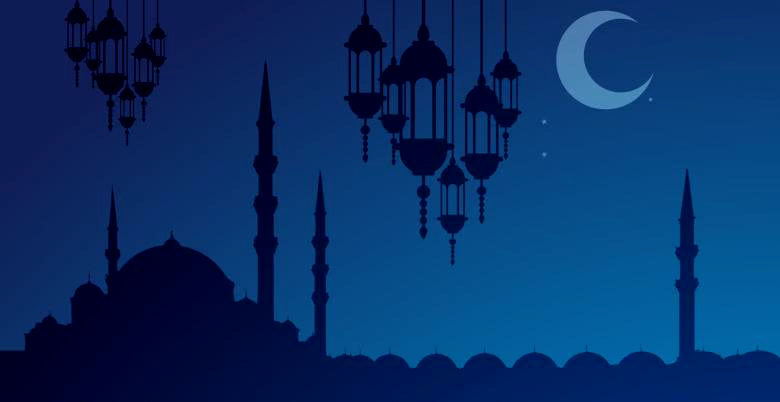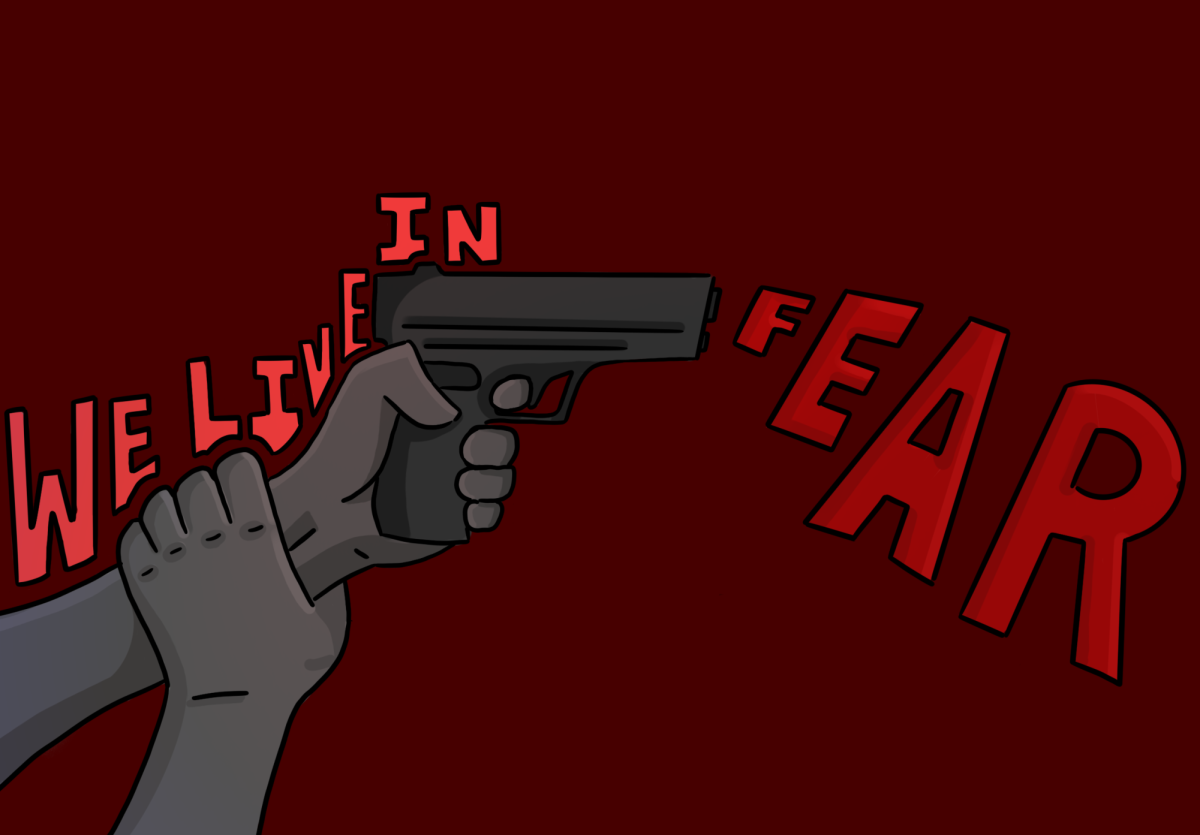My head pounded as my focus dissipated from the task at hand. I glanced at the clock, realizing there was still a long way to go. The impulse to grab a sip of water weighed on me. With every ounce of concentration sucked out of me, I was forced to pull myself together. Ramadan had started, and with it came a test of self-control.
Being a child in a Muslim family is far more than going a day without consuming any food and water. While tough, this brings peace of mind to many. Fasting goes beyond mere physical deprivation. While this is a part of it, the means to bring about nearness to God and self-discipline are the sole purposes of the lunar month. During Ramadan, you are also required to pray five times a day and donate at least 2.5% of your cumulative savings to charity if you are able. Getting into any sort of fight, lying, or disobeying Allah (God) automatically breaks your fast.
Ramadan is believed to have begun in A.D. 610 when Angel Gabriel, a messenger of Allah, revealed Islam’s holy book, the Quran, to Prophet Muhammad—this period of revelation laid the foundation, making it a time of immense significance for Muslims worldwide.
Each individual who participates in Ramadan is tasked with waking up early, about an hour before sunrise, to consume food until the day’s first prayer. As soon as the first prayer begins, the day starts, and you abstain from any food or beverage until sunset which is also the time of the fourth prayer.
Shahmir Nasser, a member of the Pioneer water polo team who fasted during Ramadan, expressed what he’s gained from the lengthy month.
“One of the reasons why I fast is for spirituality,” Nasser said. “Ramadan happens once a year and partaking in it is just an easier way to become closer to my religion.”
While playing a sport, you feel the pressure weighing on you with every minute, day and week that passes during the lunar month. Ramadan extends beyond the mere physical limits of an individual, however, the reality of one’s physical state can’t be overlooked.
“You’re going to lose weight,” Nasser said. “That’s just by the nature of it because you’re not eating as much and drinking as much.”
Daily routines remain largely unaffected. With each challenge that arises, you’re constantly fighting the urge to give up and leave it for another day. Ramadan is a month to dig deeper and to keep going.
“The challenges that I face with sports like weightlifting and water polo, or whatever I’m doing, is just finding the energy to do it by myself,” Nasser said. “When I’m with friends it gets a lot easier because you’re doing the same thing. It’s going to be painful but at least you have other people for motivation.”
Exemplifying and demonstrating self-control will always remain a crucial aspect of Ramadan. Even when feeling behind or lacking the mindset to overcome, there isn’t a choice but to persevere. One’s mental capacity undergoes a substantial ordeal throughout the expansive 29-30 days.
“I’m more angry and overall tired,” Nasser said. “It’s hard in my opinion. Other opinions may differ but I find it harder to think that way.”
Being in a population where there aren’t a large number of Muslims you see on a day-to-day basis, a sense of isolation can develop. Not many are educated on Islam, and while this may not be their fault, a divide will always exist wherever you are.
“‘Not even water? You can’t even drink water?’ That’s the main misconception,” Nasser said.
When the crescent moon of the new lunar month is visible, Ramadan ends. A large, community-wide prayer is conducted the following morning marking the beginning of Islam’s most prominent holiday, Eid (al-Fitr). Gifts and “Eid Mubarak” are exchanged as families reunite to commemorate the end of Ramadan.










